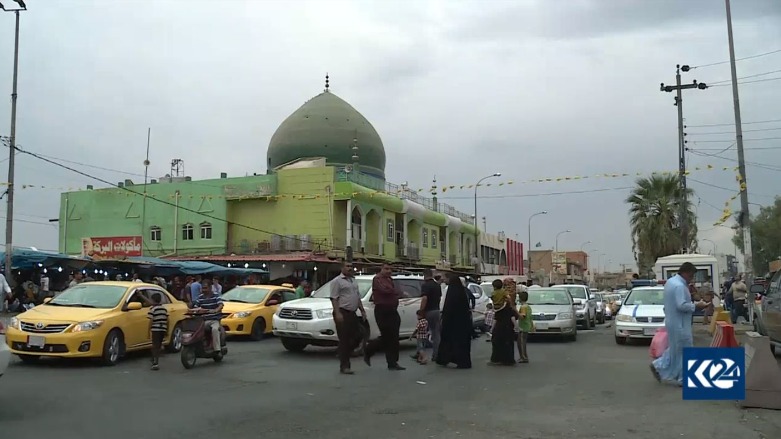Two men convicted of sexually assaulting Kirkuki woman handed life sentence

ERBIL (Kurdistan 24) – The Kirkuk Criminal Court on Monday sentenced two defendants to life in prison for sexually assaulting a disabled Kurdish woman in the Pirde subdistrict of Iraq’s disputed Kirkuk province.
On April 9th, video footage surged on social media that appeared to show a policeman and a Popular Mobilization Force’s (PMF) fighter committing the crime near a security checkpoint in the Pirde area.
At the time, Kurdistan Democratic Party (KDP) leader Masoud Barzani called on the federal government of Iraq and the Kurdistan Regional Government (KRG) to investigate what was described as a “hideous and inhuman crime.”
Read More: Kurdish leader calls for investigation into the sexual assault of disabled woman in Kirkuk
Both the Kurdistan Region and the Federal Government’s interior ministries launched a joint investigation into the incident after Iraqi forces arrested the suspects.
The Kirkuk court sentenced to life in prison both Ibrahim Rukan Hassan Mohammad and Ibrahim Mohammad Shaker Saber on charges related to the crime.
The court gave the victim, Zhian Jumah Mohammad, “the right to review civil courts to claim compensation if she chose to.”
Local sources confirmed to Kurdistan 24 that the main suspect in the incident was a member of the Iraqi Federal Police and was arrested shortly after the crime.
Kirkuk, home to Kurds, Arabs, Turkmen, and Christians, is the center of contention between the federal and regional governments and the most prominent of the territories disputed by the two.
In Baghdad’s harsh response to the Kurdistan Region’s 2017 independence referendum, Iraqi forces and PMF militias attacked Kirkuk and other disputed areas, pushing Kurdish Peshmerga forces from them.
Since then, the Kurdish population has complained that ethnically-motivated attacks and other persecution against their community by the security forces that now control their neighborhoods have become commonplace.
Editing by Khrush Najari
